- From Ellen
- Rob and I are going around the world on the 100th voyage of Semester at Sea. We board our ship, the MV Explorer, a floating college campus, in Norfolk, VA on August 24 with the rest of the 30 faculty members and their families. We arrive in our first port, Hallifax, Novia Scotia, on August 27 where 650 college students from 250 colleges and universities come on board to begin their Semester at Sea, for which they earn credit toward their bachelors degrees. When you are on the Interactive map, you can click on each port to see when we are there and see information about each port.
Thursday, October 22, 2009
at sea in the Indian Ocean
While in Ghana, Milton visited a local school. He was horrified at what he saw in the school, broken windows, adilapidated building, no working bathrooms, no school supplies(pencils, paper, and such), very few desks...So Milton arranged tohave the school remodeled and up-dated to be a reasonable place to learn. He bought school supplies and mailed them back to the Ghanaian school from South Africa. Milton decided he was going to support moreschools in this way. He talked to Rob who is teaching a Non-profit Leadership class. Rob had Milton come and speak to his class about his school ideas. The next class, when Milton was not present, Rob asked the students if they would be interested inhelping Milton set up a non-profit organization to help the schools inGhana, one at a time, as Milton wanted. The entire class was thrilledwith the idea. In addition to doing their regular class work for Rob, they are going to, with Rob's guidance, set up Milton's organization according to Milton's plans and with Milton participating all the way. Rob knows exactly was they need to do to set up the organization tosucceed. I am very happy for all of them, including the schoolchildren. We are in the Indian Ocean in a place at the Equator referred toby sailors as the doldrums--where there is no wind. Sailors would haveto go into small boats and row to pull their sailing ships out of thedoldrums so they could continue on their way. Fortunately for us, wehave a motor and can keep right on moving straight throw the doldrums. Mauritius was an easy and relaxing port for all of us. Port Louis,the capitol, is where we docked. We took water taxis for $2 each wayto get to the wharf. From there we could go into all sorts of shops and then under a short tunnel and into the central market and beyond that to the public buses. The last day in Mauritius we took a public bus to one of the many famous and beautiful beaches for a swim in the Indian Ocean. We went to a large lagoon which had a choral reef separating us from the large ocean breakers and blocked us off from sharks. I loved swimming in the beautiful water. I went in intending to just get my feet wet. I had on a swim suit, so kept walking out into the water until I decided to swim. I rushed forward and was happily swimming away when I suddenly remembered that I had stuffed my wallet and my ship ID down the front of my swim suit. Luckily, nothing was ruined, just wet.I paid my water taxi fare back to the ship with two very wet dollar bills. The afternoon at the stunning beach was almost magical. Walking along the shore we passed two different baptism ceremonies going on in the Indian Ocean. The baptism included a very graceful dunking in the Indian Ocean. Those being baptised were all local black Mauritians whose ancestors were brought as slaves to plant and tend the sugarcane fields. The Island was uninhabited when settled by the Dutch 3 or 4 hundredyears ago. Many Indians were brought in to help with the labor in the fields. Mauritius is considered a "developing nation".They still grow sugar cane and have other industry. The largest industry is the tourist industry and they do a nice job with it. We took the public bus to the beach and back for two reasons, 1, the bus ride costs 85 cents and the taxi would be $35 each and 2 so we could see the countryside as we went. The only reason we could see for taking a taxi is that it would be quicker--20 minutes verses and hour on the bus. We figured we had an hour to look at the countryside andsee the locals. Again, while walking on the beach we came across three of our faculty friends from the ship, sitting on three padded and elegant beach chairs they had rented for the day along with a beach umbrella.They invited us to join them, which we did for several hours. They had befriended a handsome local young man who sold fresh, ripe, sweet, and juicy pineapples. We each got one and they were wonderful. The pineapple young man peeled the pineapple in such a way that we couldeat it, holding on to the stem, as if it were a large lollipop. Then we learned that our pineapple man had a twin brother at a lunch standwhere he sold wonderful barbecued sandwiches. When we got ready to leave, I wanted to change into dry clothes. One of our faculty friends walked me over (5 steps) to the man who had rented them the chairs and umbrella and asked him if I could chance clothes in theback of his van. He was very gracious and even closed both of the backdoors of his van for me. I thanked him afterward and gave him the equivalent of bus fare a a thank you. He assured me that money was not necessary, but I gave it to him anyway, just leaving it on his table.You may think that sounds cheap, but actually for them it was awelcome amount.As we walked off to leave we decided we needed some sort of lunch, so Rob and I walked the pineapple man's brother's foodstand and got a sandwich from the identical twin. Then I wanted something to drink. Now the only local money we had was a huge bill which no one at the beach seemed to be able to break. So we went back to our food stand twin and asked if he would sell us a soft drink forAmerican money. So he sold us a drink for a dollar and then told us that he needed to give us the exact change for the bus, so he sold us bus fare for another $2 and he gave us more than enough change because the bus fare was less than $1 each. Then he walked us over to the bus,and told us how to get the right one. All of us on the ship have had wonderful experiences with local people in almost every port (not Morocco). Rob and I have quit trying to bargain down the price of anything. The prices are already low, and the people need the money.We want them to have the money we spend. The sandwich we bought from the food stand twin was delicious. It was lots of barbecued chicken on a whole baguette. The bread was also delicious. The ride to and from the beach showed us mountains in the center of the island and beautiful beaches and coastline all around.t. The small towns we passed showed us very little wealth, but not the dire poverty we had seen in Ghana and South Africa. Mauritius reminded me of Puerto Rico, only not quite as poor.
Subscribe to:
Post Comments (Atom)

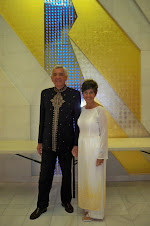
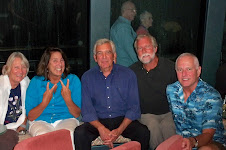
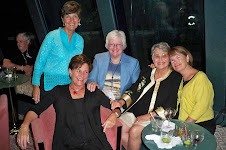
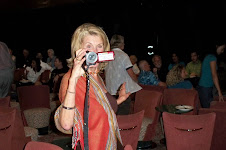
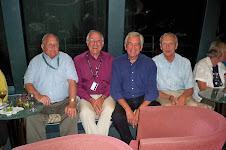
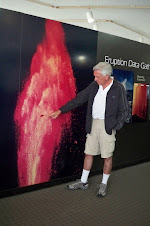
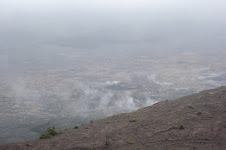
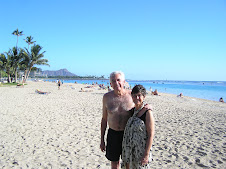
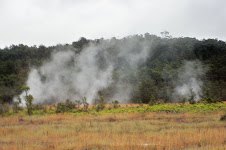
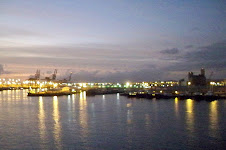
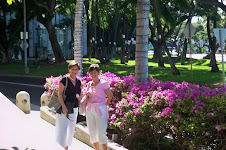
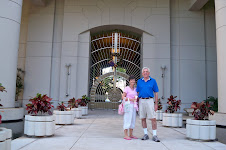
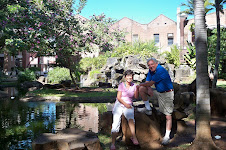
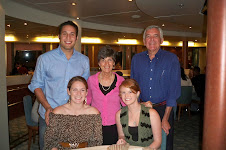
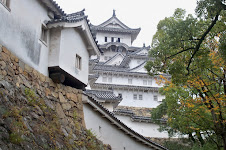
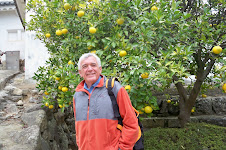

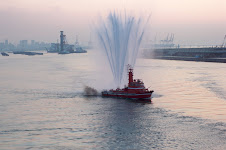
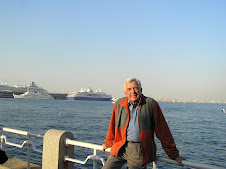
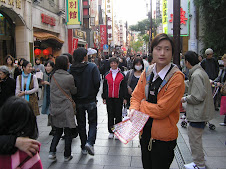
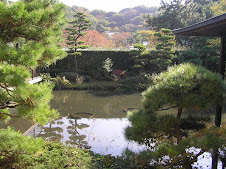
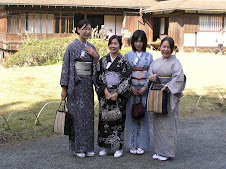
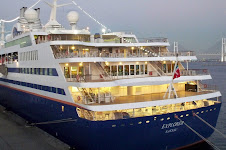
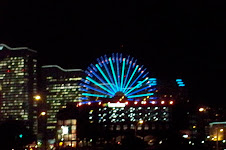
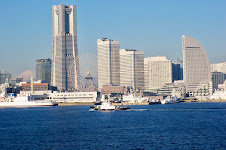
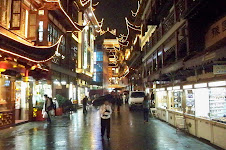
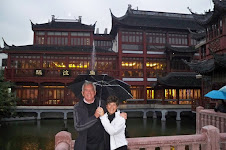
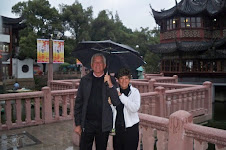
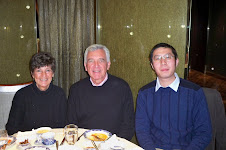
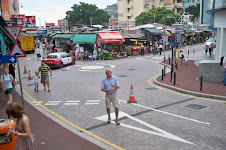
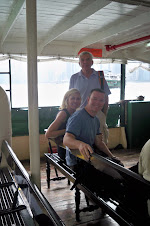
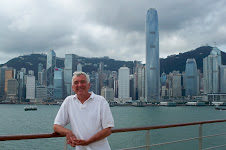
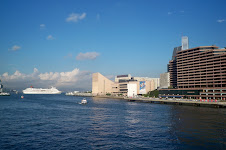
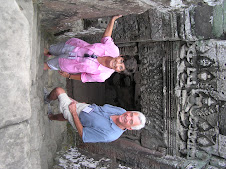
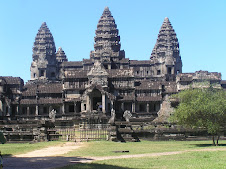
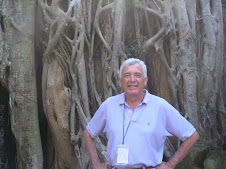
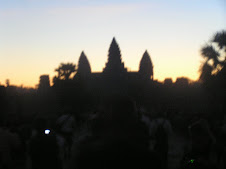
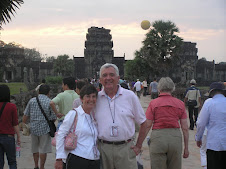
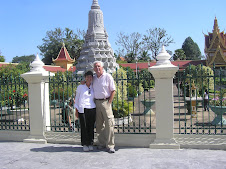
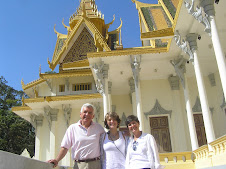
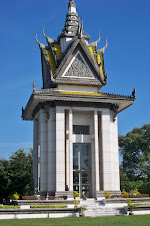
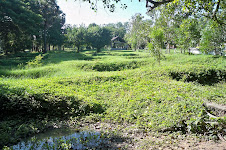
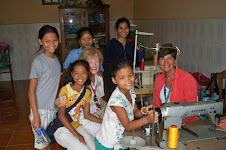
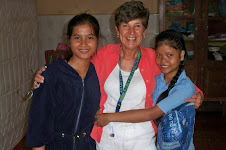
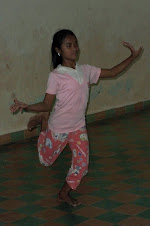
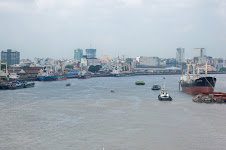
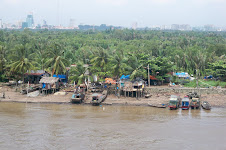
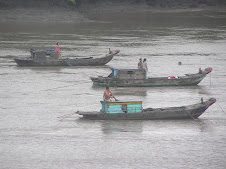
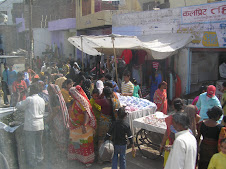
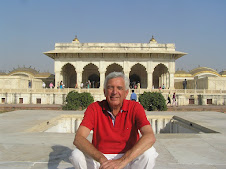
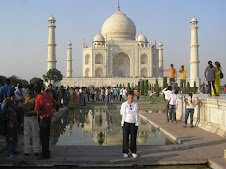
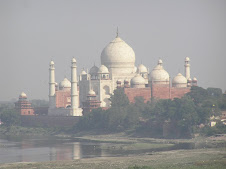
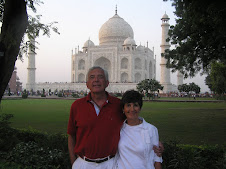
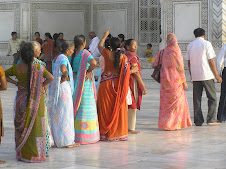
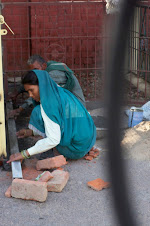
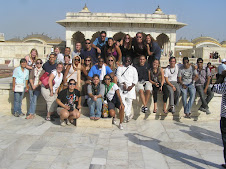
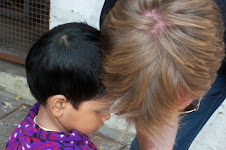
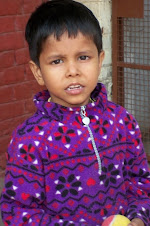
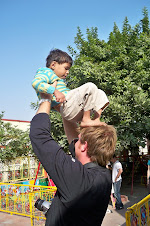
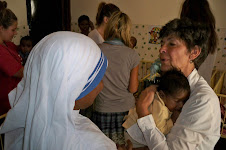
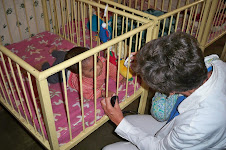
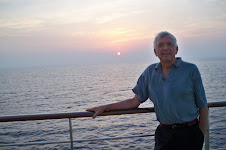
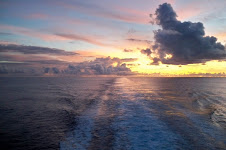
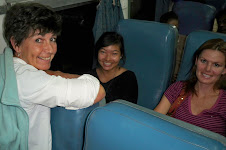
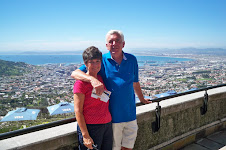
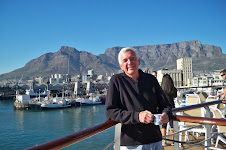
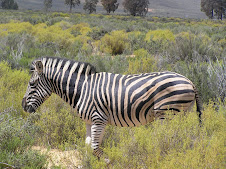
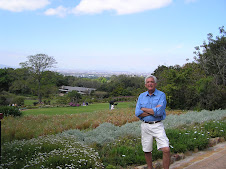
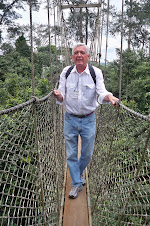
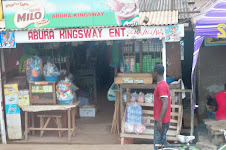
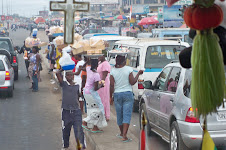
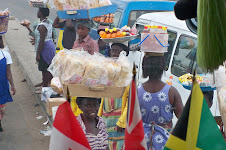
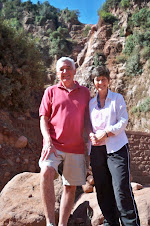
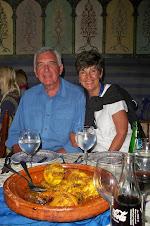
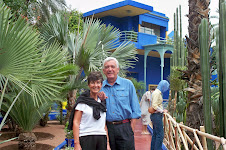

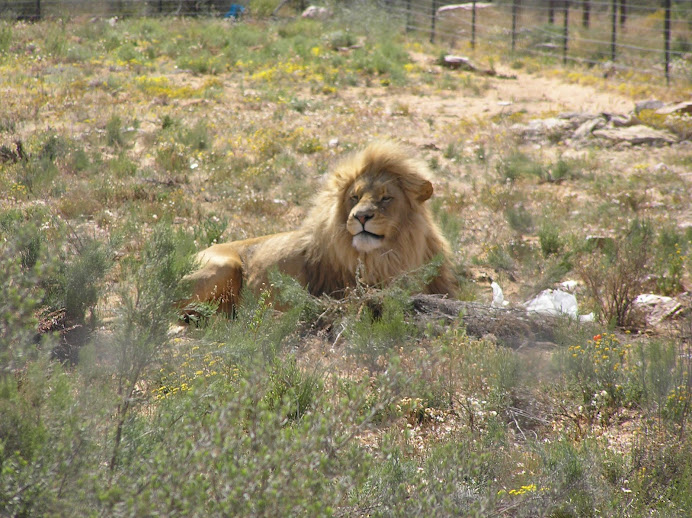
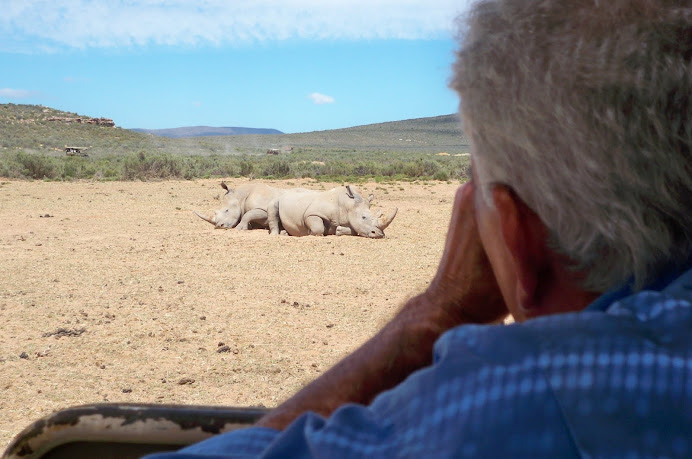
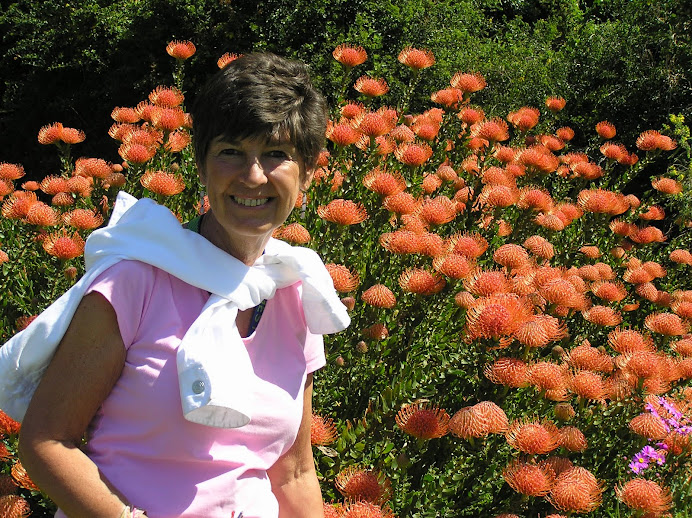
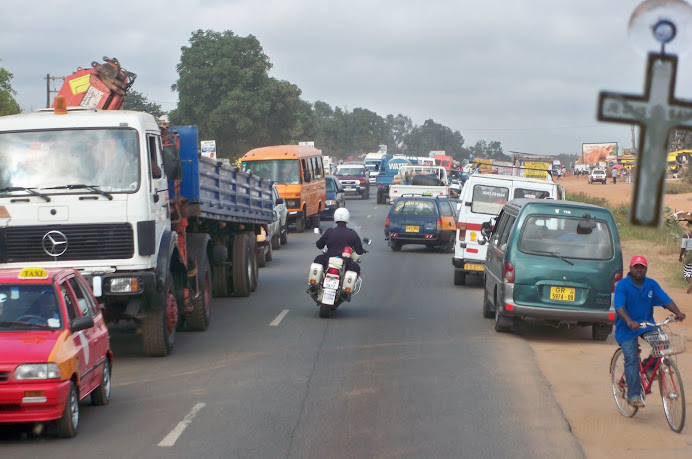
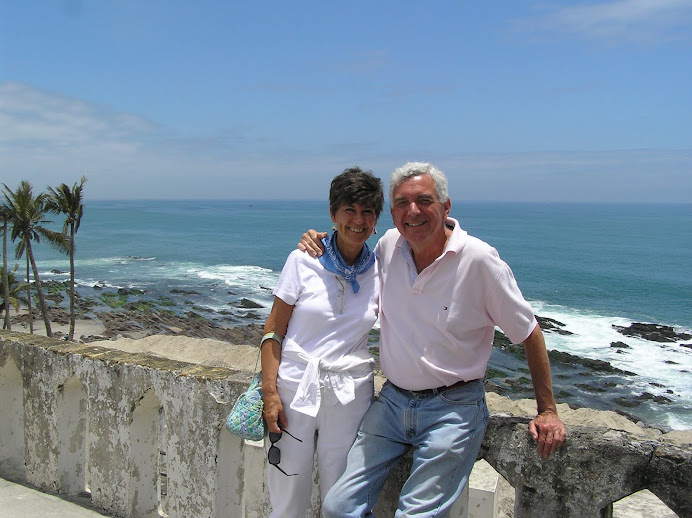
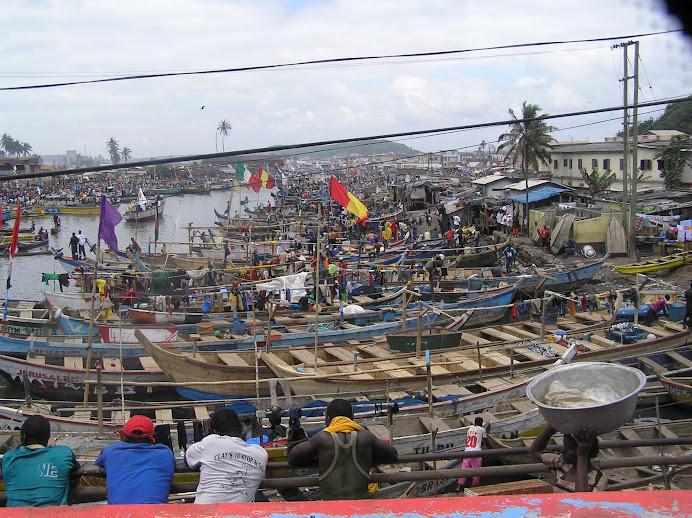
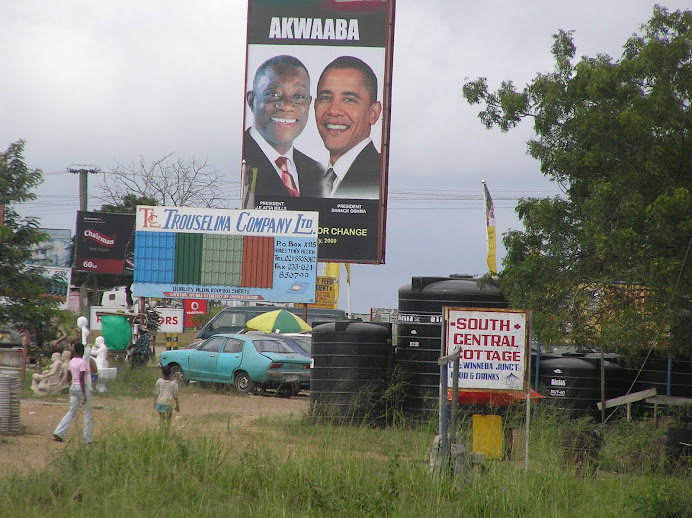
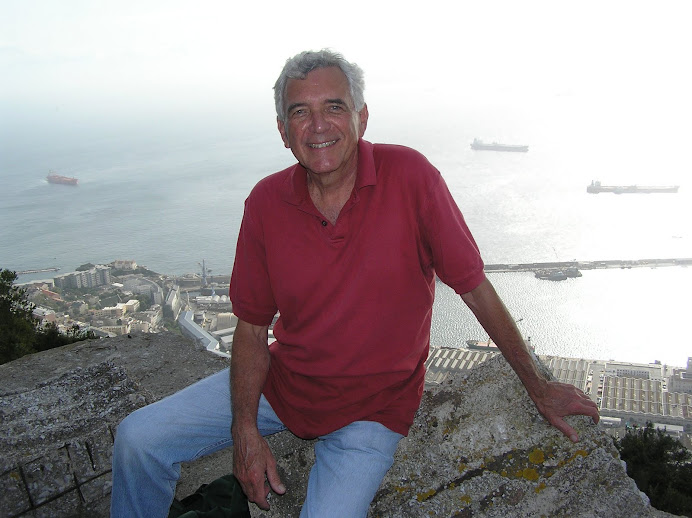
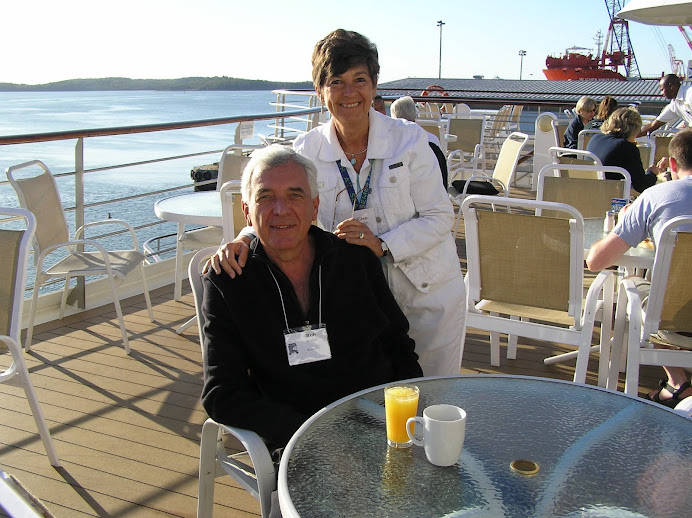
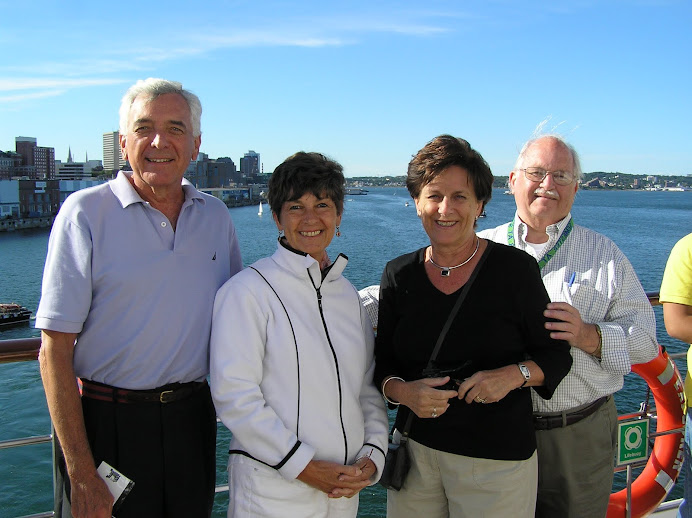
No comments:
Post a Comment